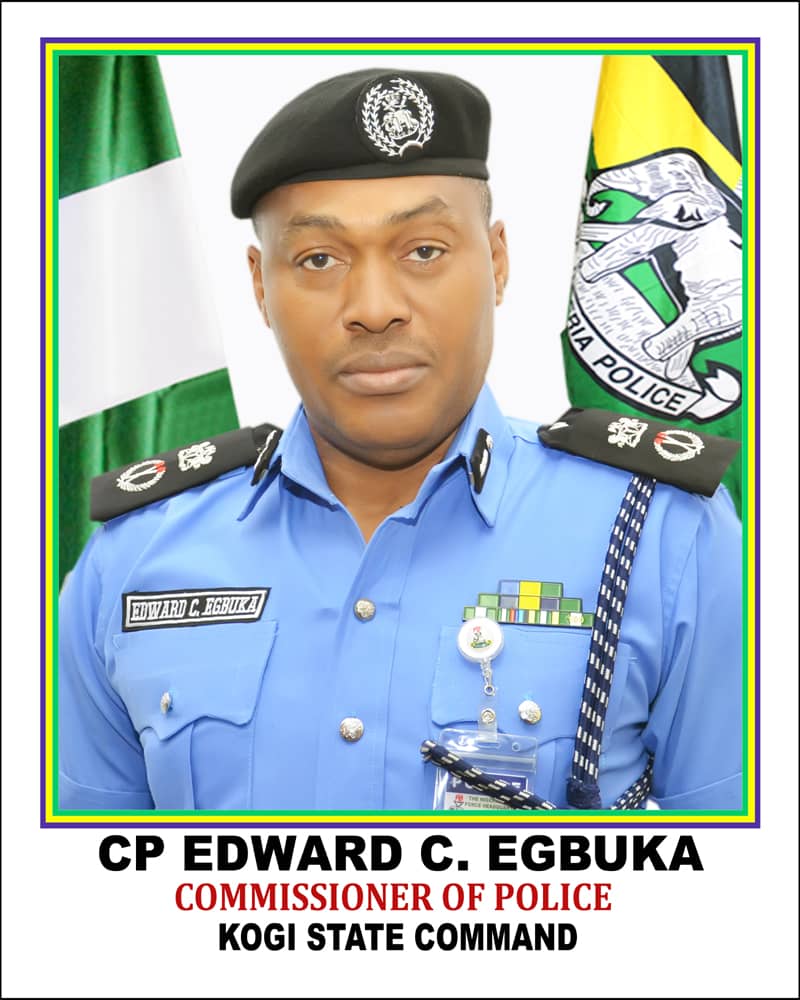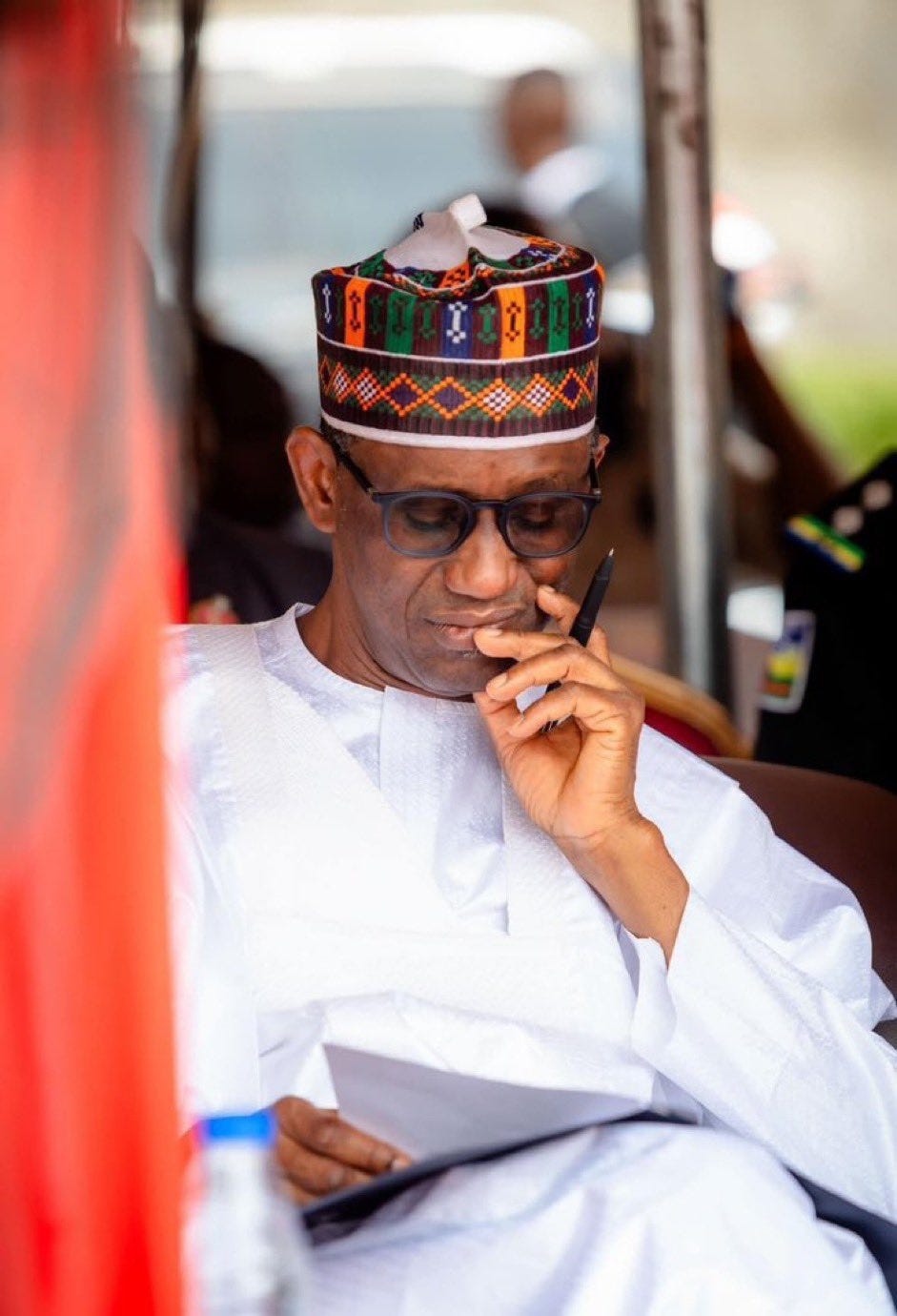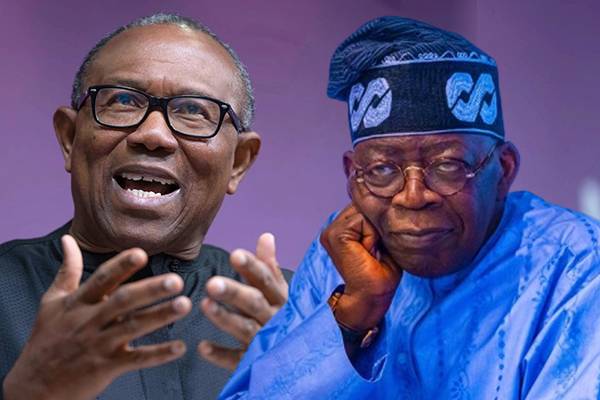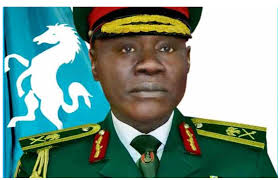The Newly deployed Kogi State Commissioner of Police CP Edward Chuka Egbuka has assumed duty as the 36Th Commissioner of Police in Kogi State Police Command.
The police Public Relations Officer of the State command DSP William Aya in a statement on Thursday said his assumption of duty followed the redeployment of CP Idrisu Dauda Dabban to the Force Headquarters as the Commissioner of Police Communications.
The statement indicated that CP Egbuka was enlisted into the Police Force on 15Th March, 1988 as a Cadet Assistant Superintendent of Police and trained at the Police Academy Annex, Kaduna State.
According to Aya the new CP holds a B. SC (Hons) in History and International Relations from the University of Calabar and a Law Degree from the River State University of Science and Technology.
The police PRO described the commissioner as a seasoned international Police Officer who has transversed the length and breadth of law enforcement and Policing with International peace keeping experience.
“He is member of the International Association of Chief of Police (IACP). “He attended several Tactical and Leadership courses within and outside Nigeria. From 1994-1995, he was at the United Nations as a Civil Police Observer in Rwanda, East Africa.

“CP Egbuka served in various capacities within the Force to include the immediate past Commissioner of Police in charge of Plateau State Police Command.
“He also served as the Commissioner of Police Operations at the Force Headquarters. Until this deployment, he was the Commissioner of Police in charge of Communication at the Force Headquarters, Abuja.
“As a Deputy Commissioner of Police, he served as the Deputy Commissioner of Police in charge of Operations in both Osun State Command and Kogi State Command and the Deputy Commissioner of Police in charge of Criminal Investigation at the Zone 7, Headquarters, Abuja.
“The new Commissioner of Police also served as the Area Commander in Ogba Area Command, Lagos, Idimu Area Command, Lagos, umuahia Area Command, Abia State as well as Lantang Area Command, Plateau State Command respectively.
“CP Egbuka served as Assistant Force Secretary at the Force Headquarters, Abuja and Divisional Police Officer in different Divisions across the Federation.
“His hobbies include long distance walking, reading, playing and watching football, as well as listening to good music.”
Aya said the CP is happily married and blessed with Children.





